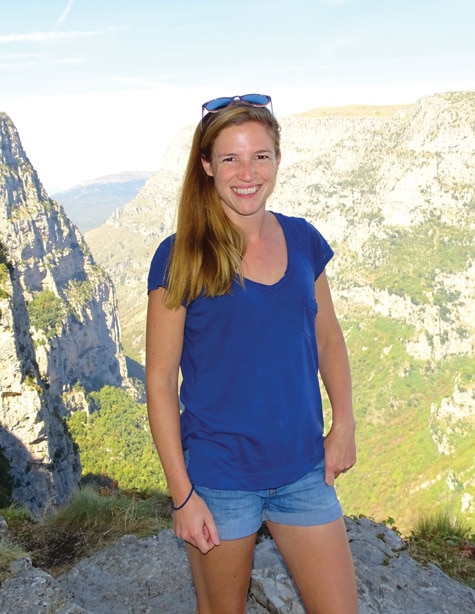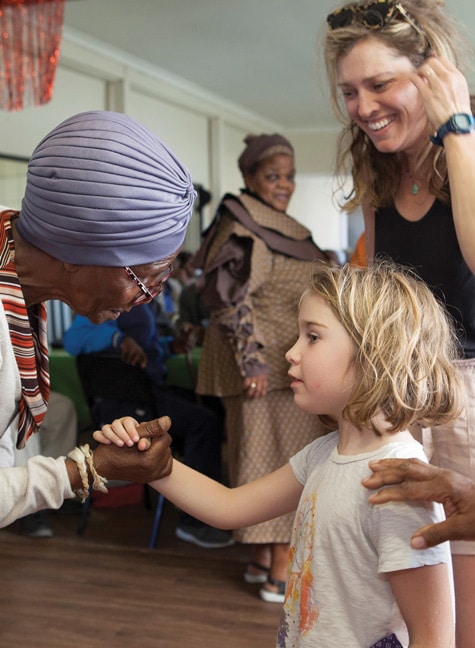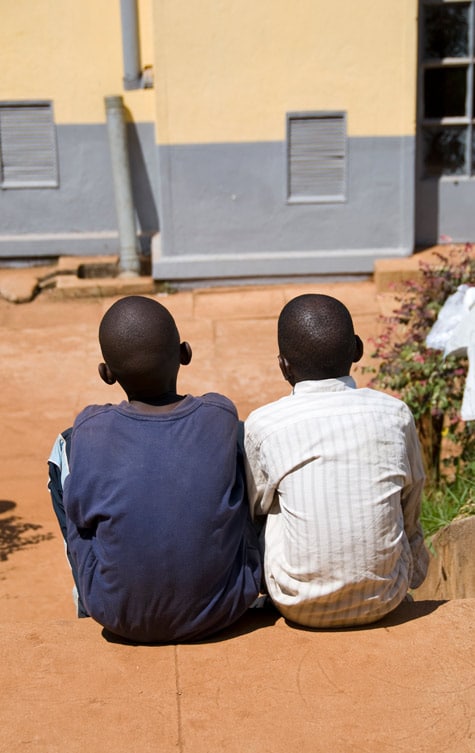Travelling as a family means we can raise global citizens, but scrutiny is paramount for responsible travel, says Family Traveller’s columnist Holly Tuppen
How and why we travel is changing. While there’s still a time and place for sun loungers, kids clubs and a G&T at the golden hour, that’s no longer all we crave.
Experiential travel is on the up. We want to get under the skin of cultures, sit side by side with locals, carve out moments that seem unique, and feel insignificant against nature’s awesome canvas. More than ever before, we also want to make a positive impact. Perhaps it’s an attempt to see the good between the cracks of a devastating political landscape, or a means to take control of an increasingly uncertain future. Either way, responsible travel is gaining momentum and it looks like it’s here to stay.
Travel experiences that do good include everything from spending money with local hosts, getting stuck into conservation activities, supporting community projects and volunteering. When done well, the impact is staggering. Tourism is one of the world’s only industries that has a vested interest to protect nature, culture and indigenous communities. It’s arguable that without the economic support of tourism, within 20 years there might be no rhinos or healthy coral reefs, and many fragile cultures would dissolve into thin air.

Family Traveller’s columnist, Holly Tuppen

Image: Uthando
Individuals benefit, too. Last year, on a trip to South Africa with the kids, only after stepping foot in Cape Town’s townships on a Uthando tour, did I appreciate the Mother City’s psyche. Under the hot sun in dusty Knysna, talking to young entrepreneurs, old ladies, and a headmistress, I felt an overwhelming sense of hope — the kind of hope that only surfaces after years of adversity, and can be hard to find in the UK.
I’m fairly sure my profound musing went straight over the kids’ heads (they spent most of the time seeing how much dust they could kick into each other’s faces), but I’m glad they were there. Free of any preconceptions, that pride, hope and success are all they know of the townships, and perhaps that will influence their outlook for life.
But, when poorly done, the impact of well-meaning travel can be tragic. For years, various charities, travel companies and volunteers have supported orphanages around the world. Orphanage experiences vary from visiting for just one hour to volunteering for months at a time – both of which tend to result in travellers providing long-term donations. Eight million children live in orphanages worldwide, but it is estimated that 80 per cent of them have living parents.
In most cases, vulnerable and low-income families are persuaded to give over their children for the promise of healthcare, education and stability. Sadly, in reality, these children are often neglected, and in the worst cases abused in the hands of individuals seeking financial gain. Jonathan’s story, told by UK charity Hope and Homes for Children, is not an uncommon tale.
Jonathan was five-years-old when he arrived at an orphanage in Western Uganda. His parents had died of AIDS one year earlier, and he had been diagnosed with HIV. His family’s neighbour, Christine, was desperate to adopt him, but she struggled to afford medical treatment. She was told that the local orphanage was the only option and that she could visit him whenever she liked. She was lied to. Jonathan spent his childhood alone watching volunteers come and go. At 17-years-old he was told he was no longer useful (too old to attract donations) and had to leave, utterly unprepared for the real world.
Such cruelty is difficult to fathom, but donations to institutions like this one are still being made. While it’s easy to get swept up in a good cause, where children are concerned, scrutiny is vital. Responsible travel experiences should be a two-way exchange based on mutual respect rather than handouts or voyeurism. Distinguishing between the two is not always easy, but a simple question can help: Would I be comfortable with this situation at home? If the answer is no, it’s not comfortable abroad either.

When trying to make a positive change, scrutiny is crucial
To find out more about how you can help children find families, not orphanages, see Hope and Homes for Children.
Also, check out JK Rowling’s charity Lumos